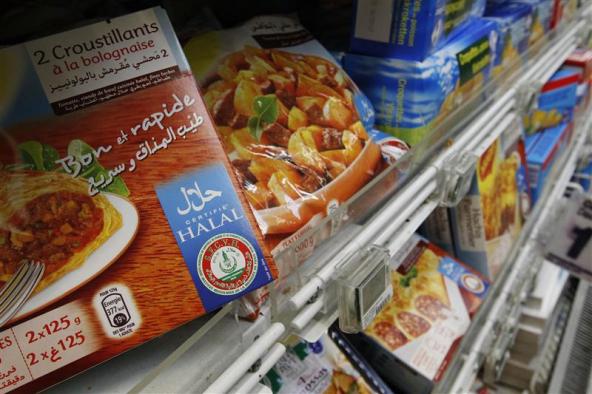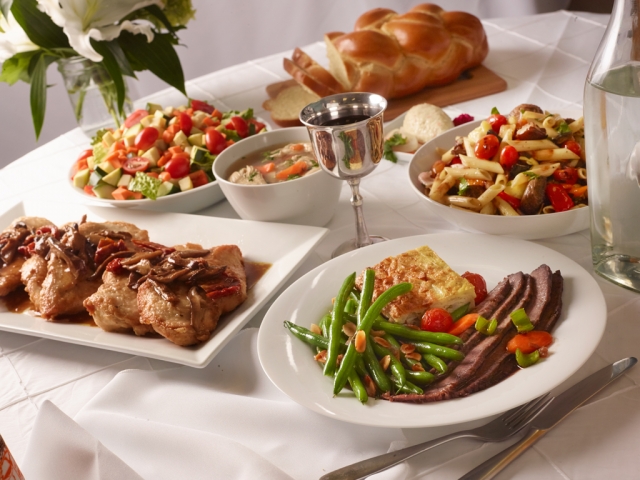"Halal" and "kosher" religious standards are a great opportunity for the marketing of Greek agricultural and animal products in view of the increasing consumer demand for such products worldwide.
This is connected with the issuance of certificates by the highest authorities of every religion, namely Rabbi for "kosher" and Mufti for "halal" after a thorough inspection of the products. Experts believe that the certificates in question can become a kind of a "passport" for the Greek products, supporting at the same time both the industry that manufactures finished products and the producers of primary raw materials.
"Now is the time for the Greek products that are known for their quality. We have a very dynamic agricultural sector, which can further develop by exporting certified goods to Muslim and other countries and gaining the confidence of their citizens," states Thomas Vassaras, one of the owners of Greekexports company that specializes in consulting services and their "halal" certification.

The issue was discussed at a conference on "Halal and Kosher Religious Certifications - a Passport for Exports to Jewish and Muslim Populations around the World" held in Xanthi.
Vassaras adds that in order for the products to be offered to those Jews and Muslims who want to consume food products that are clean from a religious point of view they shall have a certificate indicating that no substance banned by both religions has been used in their production.

"The production of certified products can enhance tourism in some regions," states product export and "kosher" certification consultant in Greece Athanasios Golias. "Visitors from Israel number over 400,000 every year. All these people face the problem of where to eat because there are no "kosher" certified restaurants and products in Greece. There is market demand for such products and the more we improve the image of Greece abroad through the necessary certifications the more we will improve its position on the tourist market," he says.
According to him, there are already two "kosher" certified hotels in Thessaloniki, one in the city centre and one in the eastern part of the city, the restaurants of which offer such dishes.

And as figures show the market share with the greatest precision, the conference presented data indicating that the trade in "halal" products has a turnover of $600 billion and the trend by 2020 shows an average growth of around 3.7% per year. Its share in the global food trade is 12% which is why big retail chains have started offering a larger variety of "halal" products on their shelves.
It is a significant fact that the market share exceeds 4 billion euro in the UK, where 4% of the population is Muslim. In Australia, the trade in "halal" meat has increased by 70% within five years.

The market share of "kosher" products is considerable too, amounting to $ 9 billion. According to Golias, about 3,000 new products are added to it annually .
So far, approximately 400,000 products produced by 2,400 companies worldwide have been "kosher" certified. The companies observe the dietary laws of Jews, which are rooted in the Bible and their religious tradition, and comply with a number of requirements regarding the selection of primary raw materials, the combination of ingredients and the production method of the products.